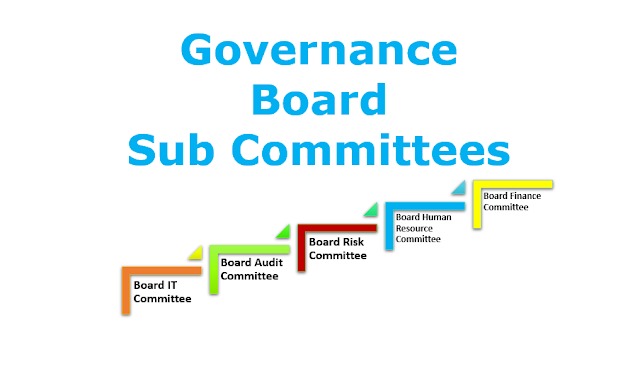What Are The Fundamentals of Compliance
01 What Is Compliance?
Compliance means efforts put in by the management and employees of an organization or institution, to ensure that applicable Laws, Regulations, Standards, Rules, etc are complied with.
02 Is Compliance a One-Time Process?
Compliance is not a one-time process or activity.
Compliance is a continuous process, because Regulators all around the world, continuously work on improving the regulatory framework in different domains.
Regulatory authorities and bodies, revise the existing Regulations, Rules, etc. and they also issue new Laws, Regulations, Standards, Directives, etc. due to various reasons including changes in the market dynamics, business practices, emerging risks, use of technology, the introduction of digital payment mechanisms, etc.
Applicable requirements issued by the relevant Regulators are required to be complied with by the relevant organizations, institutions, companies, etc. for which those are issued by regulatory authorities.
Examples of some of the Laws, Regulations, and Standards include:
- Anti-Money Laundering Act AML/CFT
- General Data Protection Regulations GDPR
- Sarbanes Oxley Act
- International Financial Reporting Standards
- Auditing Standards
- Health Insurance Portability and Accountability Act
- PCI DSS
- Tax laws,
- Dodd-Frank Act etc.
03 Who Is Responsible For Compliance Culture?
All companies, institutions, organizations, and businesses are required to be operated according to the ethical standards, which require operating with transparency and doing business activities as per applicable laws and regulations.
The Board of Directors is primarily responsible to set the proper tone at the top and should set a strong Compliance Culture.
The Compliance Culture should be cascaded down the line through the Senior Management of the organization or institution.
Senior Management must translate the Compliance Culture in the form of appropriate policies, procedures, systems, directives, notices, etc., and also implement the appropriate monitoring and review mechanism, where the health of the Compliance CUlture is checked periodically.
04 What is Compliance Culture
Compliance Culture means the adoption and practice of the following:
- Professional Behavior
- Compliance Mindset
- Ethical Conduct
- Transparency
- Coordination
- Accountability
All Compliance Culture components must be adopted and implemented in the organization and these are required to be adopted, and complied with by all the employees, including the Board of Directors, Chief Executive Officer, Management Team, Departmental Heads, Middle Managers, Line Managers, Supervisors, and all other employees working in the organization or institution.
Other GRC Articles
05 Who Is Responsible For Compliance?
Every employee or staff working in the organization is obligated to honor the Regulatory Framework and comply with it.
Senior Management of the organization has the responsibility to ensure that Compliance Culture is developed and implemented at all levels, and all employees must abide by internal policies, procedures, and practices that are developed considering the provisions of applicable Laws, Regulations, Standards, etc.
06 What Are Key Sources of Compliance?
There are different Compliance Sources, which include the applicable:
- Laws,
- Regulations,
- Standard,
- Rules,
- Directives,
- Circulars,
- Notices,
- Letters,
- Company's own internal Policies, Procedures, SOPs, etc.
Key Sources of Compliance are explained in this Video.
Disclaimer
The information shared on the Blog is for general information purposes only. The articles and information on this Blog are not opinions of any specific company, organization, or institution. You should perform your own research for GRC-related topics. The author is not responsible for any outcome that you may get, after reading the articles on the blog. The purpose of this blog is just to share broader knowledge on GRC topics.




.png)